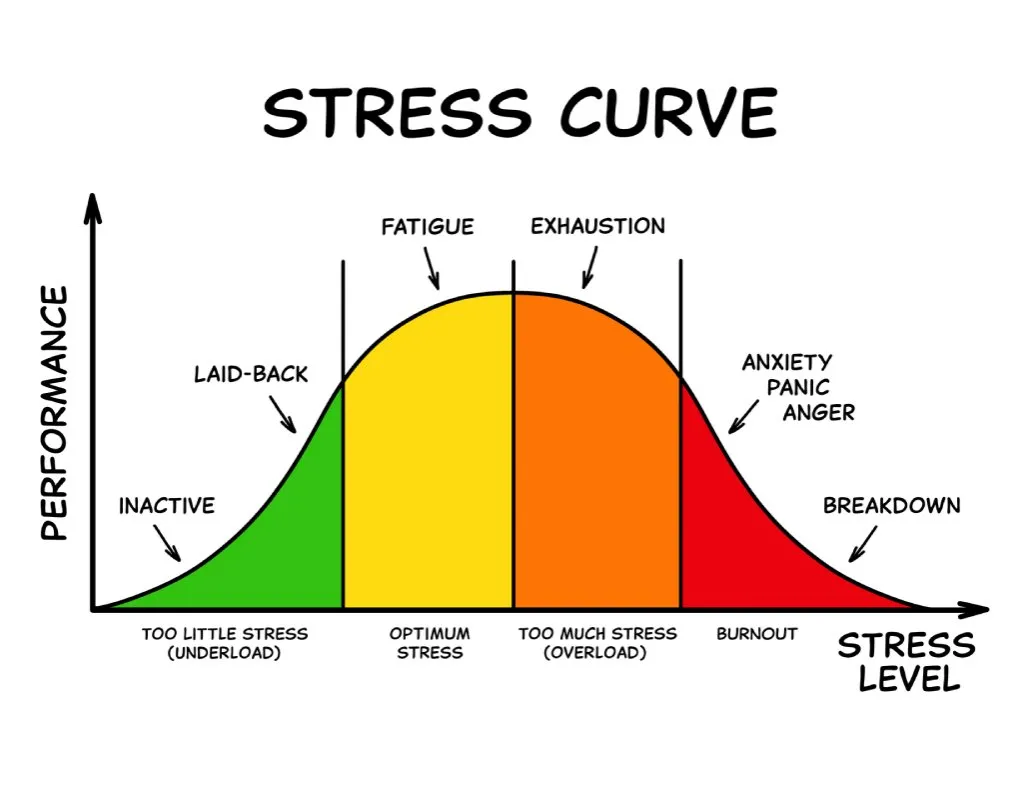The Truth About Men’s Mental Health In America
“Let’s talk about the mental health of men in America.” If you tried to strike up a conversation with a line like this, you’d probably hear crickets. It’s not a topic many people are comfortable talking about, especially in the U.S. However, it’s Mental Health Awareness Month. A perfect time to discuss all mental health, including that of our country’s “tougher” citizens.
Anyone who has grown up in America, especially before the 1990’s, has heard the words “man up”, “don’t be a wuss” or the like. Phrases that are so much more toxic than any of us realized at the time we heard or even said them. Hearing such words throughout someone’s life puts a negative stigma on showing emotion. Which compels many people, especially men, to push their emotions down and bottle them up. A practice that can lead to increased health issues, a propensity for violence, or increased risk of substance abuse.

What Hiding Emotions Does To The Mental Health Of Men
BeartoothMensRehab.com reports that bottling up emotions can make them stronger, causing someone to overreact or lash out to unrelated situations. Furthermore, they state that bottling emotions also puts undue stress on your body and “can actually kill you” with the physical health risks it can cause. Finally, BeartoothMensRehab.com reports, “People who bottle up their emotions are more likely to turn to the bottle (or cigarettes, junk food, or drugs) to help them cope with their emotions.” Which can lead to addiction and even more health issues.
Further support is given by VeryWellMind.com, which reports that hiding emotions can impact self confidence and lead to depression. And that it can cause someone to feel stressed and anxious. They warn that “we may even feel deeply angry or rageful and develop feelings of resentment toward others.” Hiding emotions has also been shown to have negative effects on our physical health. Including increased risk of diabetes, heart disease and memory issues, VeryWellMind.com reports.
Men’s Mental Health Under The Thumb Of American Culture
A 2015 documentary called The Mask You Live In talks about the detrimental effect this kind of narrow-minded view of masculinity has had on our society. And how it has damaged the male population over the years. It has put an unnecessary pressure on men to not feel. Or worse, to feel only the emotions deemed as “masculine”. Like anger, rage or stoicism. You can watch the trailer here. Be warned, though, that some of it is not suitable for work.
Related: The Truth About PTSD, And The Myths We Need To Shut Down
Of course, this “toxic masculinity” isn’t just hurting the men (or anyone) practicing it. It can cripple the relationships that person might be in. Including romantic, familial, professional or otherwise. And all because our society has, for some reason, decided that “sucking it up” is masculine. When you look at the proven results of this mentality, it’s ignorant and illogical. So, unless we want “masculinity” to be equated with “ignorant and illogical”, maybe something needs to change.
The Truth About The Mental Health Of Men In America
Health experts at Compare The Market recently conducted a survey to highlight the actual state of men’s mental health in America. And the results are pretty eye-opening.
First, the study revealed that 50% of men in America have suffered from poor mental health. And I would bet that number is even higher, specifically because of the second statistic the study revealed. Which is that 78% of men wouldn’t talk about their mental health because of the embarrassment and stigma that has come from doing so. The research also showed that one in four men in America have had suicidal thoughts.
Mental Health Symptoms Experienced By Men In The Study

Another interesting thing that came from this study was the spotlight it cast on the symptoms experienced by men suffering from poor mental health. According to the research, 40-50% experienced low mood, sleep issues, and social isolation. Symptoms our society might accept from men with little criticism. However, two symptoms that America has typically assigned to femininity, anxiety and emotional instability, were also reported by men in the study. Anxiety was experienced by a staggering 63% of men with poor mental health and emotional instability by 34% of those men.
Causes Of The Poor Mental Health Of Men In The Study
The study also broke down the age groups that are more likely to talk about their mental health. It showed that 18-24-year olds find it an easy topic to speak about. While 55-64-year olds were among the group that it was hardest for. The factors that contributed to the poor mental health of the men in the study included financial issues, work pressure, abuse, trauma or neglect, and social isolation or loneliness.
Health issues were also a factor that contributed to the poor mental health of men in the study. Which just makes it all the more important to talk about, since we’ve already seen how not doing so can make those health issues even worse. Perpetuating and even worsening the cycle.
You can see the entire study conducted by Compare The Market here.
Reasons Men Don’t Talk About Their Mental Health
The study revealed many of the reasons why men in America don’t share their mental health struggles. Thirty-five percent said they didn’t want to burden someone with their problems. Twenty-five percent didn’t want to feel weak by doing so. And 19% said they didn’t want to admit they needed help.
Now, I’m not a man, so I can’t fully understand why these would be valid reasons. For me, it sounds like pride is taking priority, in these cases, over mental health. Which, again, seems illogical, considering the negative effects that has been proven to have. However, this is America. Land of the free, home of the “brave”. And I know that for many men, there’s an expectation there. One that can come with much ridicule if not met. However, perhaps our country has abused the word “brave”. According to Mirriam-Webster, it means “having or showing mental or moral strength to face danger, fear, or difficulty : having or showing courage”.
I think it’s pretty darn courageous to go against the norm, to show vulnerability, and to overcome pride. And I see strength in facing the challenge of learning about and navigating through one’s mental health. It doesn’t mean it has to be shared with everyone. Just like a physical ailment you may not want people to know about, learning about mental health challenges can be private too. But when not getting help can be as detrimental as not seeing a medical doctor about a physical condition, it just doesn’t make sense. Seeking out a therapist can be a very effective, and healthy choice that nobody needs to know about.

But still, some will take their pride (or fear) to the grave, even if that means the grave comes sooner. And that’s a personal choice. As someone who lives in America and has been exposed to the stigma put on our men when it comes to showing emotion, I feel for them. What a tough position to be in. And I can’t promise that the positive effects I’ve experienced in my mental health journey would be the same for a man, or anyone else. But I do know the conversation is becoming more and more acceptable. And that’s a start.
If someone is courageous enough to speak up about their mental health, let’s try to be part of the solution and refrain from encouraging the stigma that got us here in the first place. And, at the very least, let’s just walk on with a little more awareness of what’s going on with the mental health in our country. And show sensitivity for those who don’t feel safe coming out from behind the mask our society forced them into. Maybe, with time, we will evolve into a more compassionate place to live.
For more Mental Health Awareness Month resources, tips and stories, click HERE.
Want more from this author? Check out her home page.









